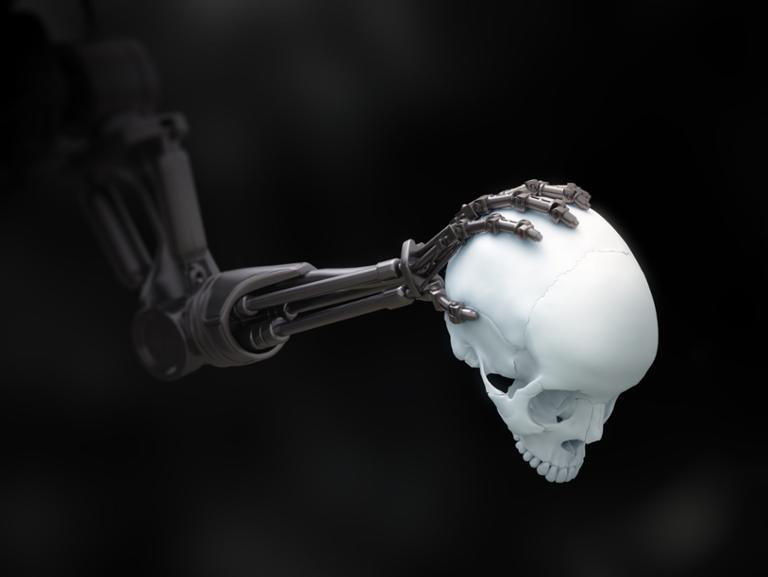
When it comes to automation taking away jobs, a new report by Bank of America Merrill Lynch is predicting what amounts to near-total apocalypse: 800 million human jobs deleted by 2035.
“Increasingly office and service sector tasks are being automated due to improvements in computing and software,” added the report (hat tip to Yahoo Finance for breaking things down). The price of robotics may decline 22 percent over the next six years, bringing pervasive automation within the reach of more firms.
This isn’t the first report to predict widespread job destruction due to automation. Two years ago, the McKinsey Global Institute also floated that 800-million figure, with between 39 and 73 million jobs impacted in the United States. Although that report modeled the impact of automation on 800 professions in 46 countries, the analysts behind it added a few caveats—including the potential for “only” 400 million jobs to end up affected.
While 2035 might seem like a long way off, Americans are already wary of automation having a very real impact on their lives. According to survey data by the Pew Research Center, 48 percent of Americans believe that existing automation has mostly hurt workers, compared to the 22 percent who say it’s helped.
“Most Americans also expressed support for policies aimed at limiting automation to certain jobs or cushioning its economic impact,” read Pew’s note accompanying its data. “A large majority (85 percent) said they would support restricting workforce automation to jobs that are dangerous or unhealthy for humans to do.”
But with or without government intervention, automation won’t hit all jobs equally. In the context of tech, which jobs are potentially “safest”? To help answer that, we turned to Burning Glass, which collects and analyzes millions of job postings. Here are the tech jobs they told us had the lowest risk of automation, at least in the near future:
What conclusions can we draw from this? Although it’s certainly possible to automate many low-level aspects of analyst and administrator jobs (just ask anyone who’s worked in a datacenter over the past decade), these jobs also depend on a fair amount of creativity and intuition—not to mention “soft skills” such as communication with other stakeholders.
Software development also demands its share of creativity. While automated software can increasingly perform certain kinds of low-level coding, building a product that works well still requires human-level thinking. No matter how many jobs are eventually stripped away by automation, it seems that skills such as innovation and person-to-person communication are pretty future-proof.


